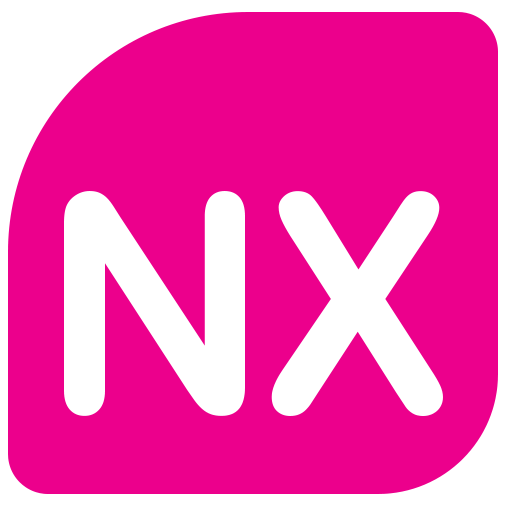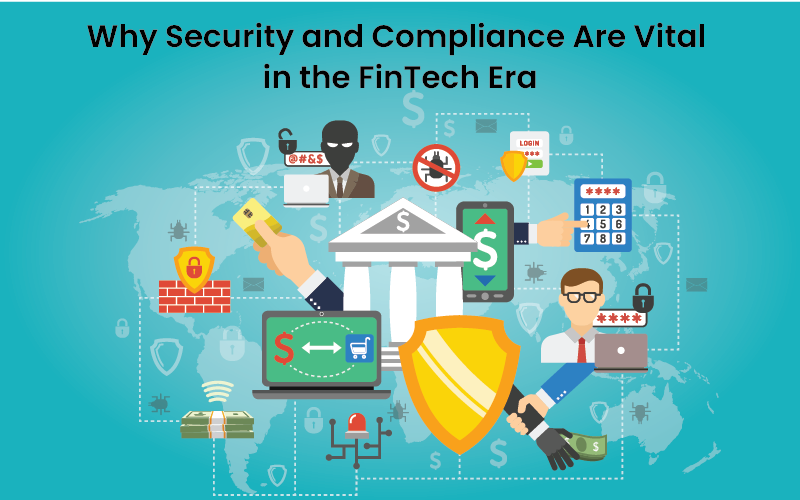Introduction
In the fast-evolving FinTech landscape, security and compliance are no longer optional; they are fundamental pillars for building trust, ensuring operational integrity, and fostering innovation. As HYIP platforms handle sensitive financial data and transactions, addressing these aspects effectively has become paramount. This article explores why security and compliance are vital for FinTech platforms and provides insights into best practices for implementation.
1. Building Trust with Users
Security and compliance form the foundation of user trust. FinTech platforms handle sensitive data, including personal information and financial transactions. Robust security measures and adherence to regulations reassure users that their data is protected, fostering long-term loyalty and engagement.
2. Navigating Complex Regulatory Landscapes
The FinTech industry is governed by an intricate web of global and regional regulations, such as GDPR, PCI DSS, and AML/KYC requirements. Compliance ensures that platforms meet legal standards, avoiding penalties and reputational damage. Staying updated on regulatory changes and adopting a proactive compliance strategy are essential for sustainable operations.
3. Enhancing Data Security
With cyber threats on the rise, data security has become a top priority. FinTech platforms must implement advanced security protocols, including encryption, two-factor authentication, and regular vulnerability assessments. These measures not only protect user data but also ensure the integrity of financial transactions.
4. Mitigating Operational Risks
Non-compliance and security breaches can disrupt operations, leading to financial losses and user attrition. By integrating compliance into workflows and leveraging automation tools for monitoring and reporting, platforms can mitigate risks and ensure seamless operations.
5. Leveraging Technology for Compliance
RegTech solutions are transforming how platforms handle compliance. Automated tools for KYC/AML checks, transaction monitoring, and audit trails streamline processes, reducing manual errors and improving efficiency. These technologies enable platforms to scale operations while maintaining compliance.
6. Preparing for Emerging Threats
As FinTech platforms adopt new technologies like blockchain and AI, they must also prepare for emerging security threats. Regular training, continuous system upgrades, and collaboration with cybersecurity experts are critical for staying ahead of potential vulnerabilities.
7. Fostering Innovation Within Regulatory Boundaries
Compliance doesn’t have to stifle innovation. By collaborating with regulators and adopting a compliance-first mindset, FinTech platforms can explore new opportunities while ensuring legal and ethical integrity. This balance is key to driving growth and staying competitive in the market.
Closing Notes
Security and compliance are more than operational necessities; they are strategic enablers for HYIP FinTech platforms aiming to lead in a competitive landscape. By prioritizing these aspects, platforms can protect user trust, navigate complex regulations, and foster innovation. As the FinTech era advances, security and compliance will remain pivotal to achieving sustainable growth and success.

